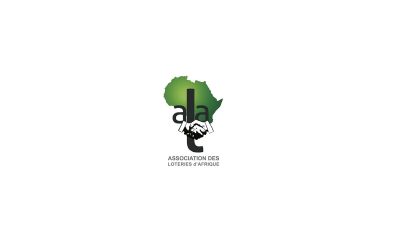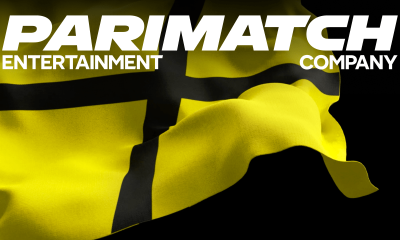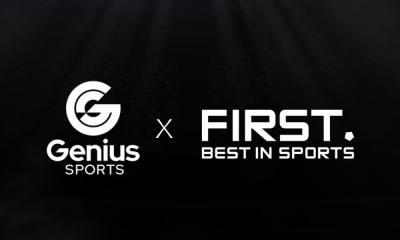Compliance Updates
Google Faces Investigation Over Gambling Offers and Ads in Italy

Google Inc., Google Ireland Limited and Google Italy are facing investigations by Italian authorities over displaying of gambling ads on top of their page.
Italy had imposed a complete ban on all forms of gambling ads by passing Dignity Decree in 2018. Article 9 of the Decree bans ads of the foreign gambling operators that appear in Google results.
At present, Google is being investigated to ascertain whether the scope of the Article 9 of Dignity Decree would cover search results of Google that place ads for foreign gambling operators at the top of the results page.
Powered by WPeMatico
Compliance Updates
Taichi Tech Limited Fined £170,000 for Unfair Terms and Conditions
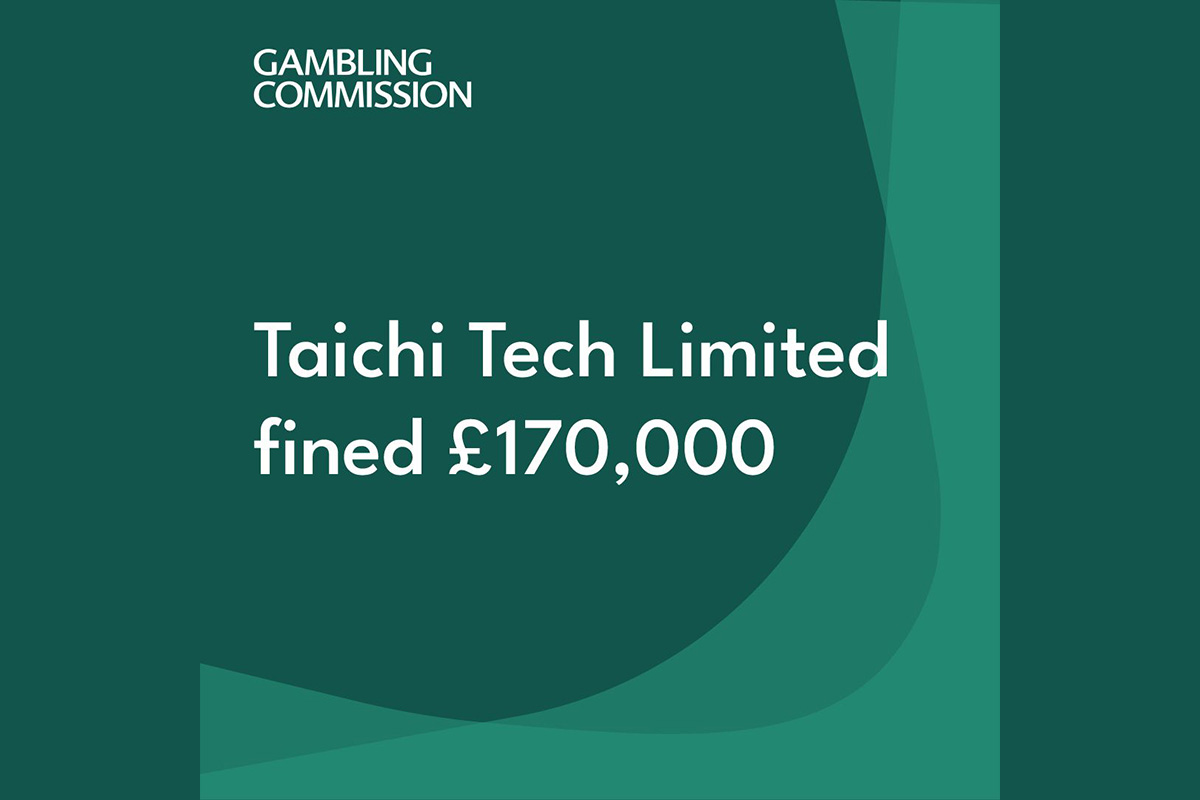
An online gambling business has been fined £170,000 by the UK Gambling Commission (UKGC) for regulatory failures including the use of unfair terms and conditions.
Taichi Tech Limited – trading as Fafabet – will also have to undergo a third-party audit to ensure it is effectively implementing its anti-money laundering and safer gambling policies, procedures and controls.
A Commission investigation revealed Taichi Tech Limited had stated that: “Fafabet have the right at their own discretion to close accounts or forfeit winnings” within their bonus terms for new casino promotions.
The Gambling Commission’s investigation concluded that Taichi Tech Limited breached the fair and open licensing condition by including a discretionary term allowing the operator to close customer accounts or forfeit winnings without clear justification. Such terms lack transparency and may lead to unfair outcomes for consumers.
The Consumer Rights Act 2015 (CRA) is the general consumer protection legislation, and it is explicitly referenced within the Licence Conditions and Codes of Practice (LCCP) that gambling companies must follow. The LCCP requires licensees to ensure that their terms and practices are fair, clear, and do not breach consumer protection law. Operators must therefore have regard to the CRA as part of their overall compliance obligations under the LCCP.
The investigation also found failures relating to anti-money laundering and social responsibility breaches.
Examples included:
• some customers were able to gamble large sums within a short period of time, despite the operator holding limited customer information
• in certain cases, individuals exhibiting potential markers of harm — such as high-velocity spending over short periods — received insufficient customer interaction from the operator
• where safer gambling emails were sent but not acknowledged by the customer and concerning behaviour continued, there was no further follow-up or intervention by the operator.
John Pierce, Director of Enforcement and Intelligence at the Gambling Commission, said: “We expect all operators — regardless of their size or customer base — to comply with consumer protection legislation and ensure their terms and conditions meet regulatory standards.
“Licensed operators must ensure their terms are clear, fair, and transparent, so customers fully understand what to expect.”
He added that the Commission’s assessment identified deficiencies in the operator’s social responsibility and anti-money laundering controls, including failures to effectively manage risk and implement adequate consumer protection measures.
The operator has acknowledged that it previously fell short of the standards expected by the Commission and has since taken steps to address these shortcomings. As part of the regulatory outcome, the operator is required to commission an independent third-party audit to provide assurance of ongoing compliance with all relevant regulatory requirements.
The post Taichi Tech Limited Fined £170,000 for Unfair Terms and Conditions appeared first on European Gaming Industry News.
Central Europe
Turnover of Legal Gambling Market in Hungary Increases
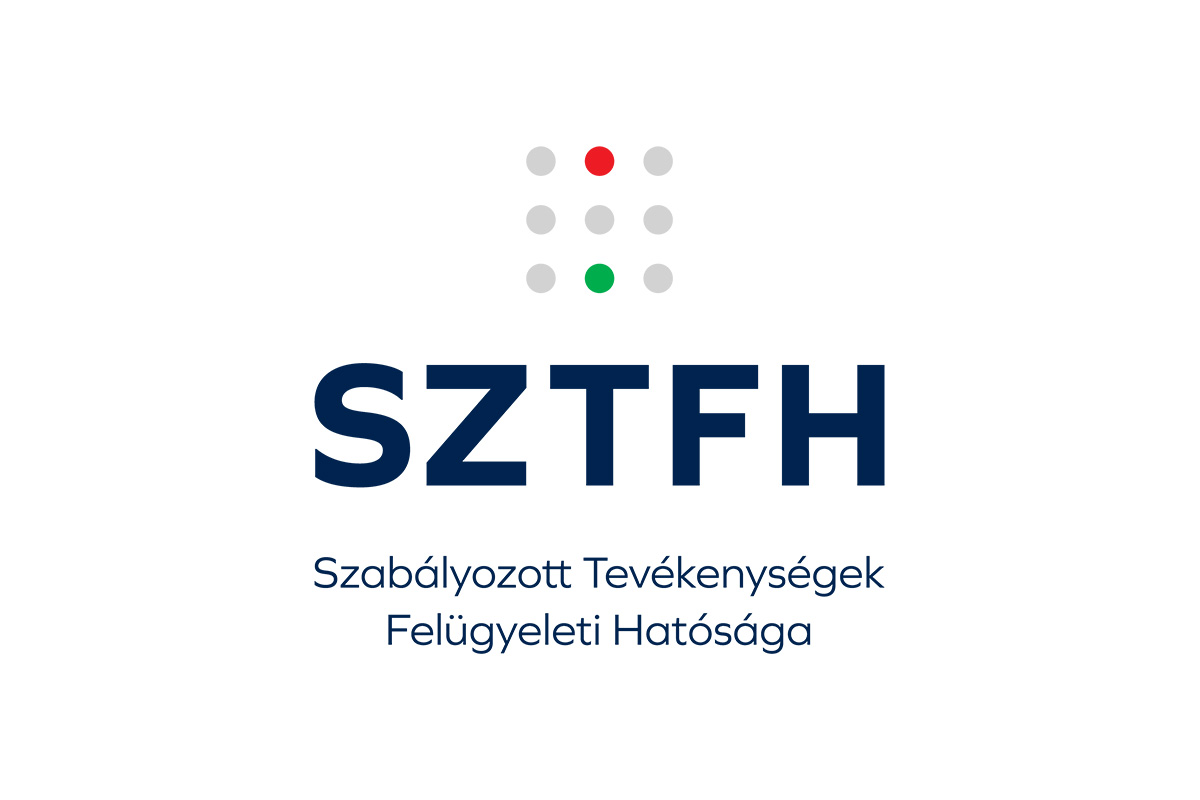
The Regulated Activities Supervisory Authority (SZTFH) has announced that the turnover of the legal gambling market in Hungary has increased.
The SZTFH and its predecessor have been blocking illegal gambling websites since 2014, preventing them from being accessible to Hungarian players. Thanks to the more than two thousand blockings ordered so far in 2024 and 2025, the traffic and turnover of the legal market is sharply increasing compared to the total market, which can be considered a significant improvement compared to the illegal market presence in previous years.
One of the main goals of the SZTFH is to take action against websites offering illegal online gambling that are not licensed in Hungary and the prohibited advertising sites that promote them, and to whitewash the Hungarian online gambling market. In the past two years, several legislative changes have come into force that have resulted in the acceleration and extension of the blocking procedure to advertising and contributing sites, and have created the opportunity to track and immediately block illegal sites that are constantly jumping to new domain names every day in order to evade the authority’s measures. Thanks to the change in the legal environment and the intensive action of the Authority, the number of visits to illegal gambling sites has now decreased significantly.
In the case of services offered by organisers who are not licensed to organise gambling in Hungary, the Authority has no possibility to oblige the gambling organiser to comply with the guarantee rules protecting the interests of the players, and the claim for the payment of the prize cannot be enforced before a Hungarian court. Gambling organisers who are not licensed by the Authority also violate the interests of the Hungarian State in the economic activity of organising and operating gambling. In addition to the above, by not joining the player protection register kept by the Authority, which prevents players who have been excluded from gambling voluntarily or by a court from participating in gambling, they also constitute an obstacle to the effective enforcement of goals related to player protection.
The SZTFH is committed to the elimination of illegal gambling and the whitening and increasing the competitiveness of the Hungarian gambling market in order to protect the interests of Hungarian players, and therefore will continue its intensive blocking activities with great effort and the use of innovative solutions in the future. Players can find out about the gambling organizers licensed in Hungary and the illegal sites blocked by the Authority on the Authority’s website.
The post Turnover of Legal Gambling Market in Hungary Increases appeared first on European Gaming Industry News.
Compliance Updates
MGA Signs MoU with MFSA
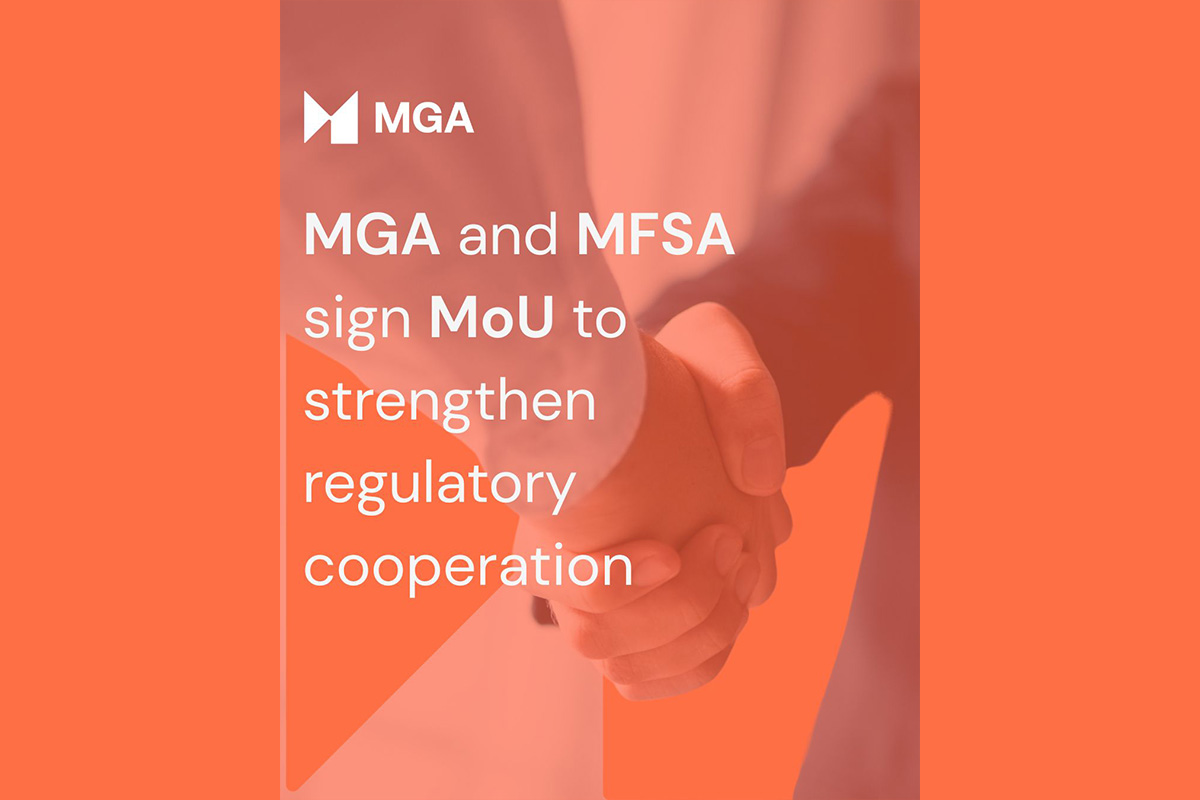
The Malta Gaming Authority (MGA) had signed a Memorandum of Understanding (MoU) with the Malta Financial Services Authority (MFSA) to enhance the collaboration and reinforcing the long-standing relationship between the two regulatory bodies.
This agreement complements an existing multi-party MoU between the Sanctions Monitoring Board (SMB), the Financial Intelligence Analysis Unit (FIAU), the MFSA and the MGA, which remains in force and governs cooperation in areas related to anti-money laundering, the financing of terrorism and the proliferation of weapons of mass destruction.
While the multi-party MoU continues to provide a robust basis for coordination in these specific areas, the MGA and the MFSA identified the need for a separate bilateral agreement to govern their broader relationship. The newly signed MoU sets out a structure for closer cooperation in areas of mutual regulatory interest, with the aim of supporting each authority in the effective discharge of its respective functions.
In addition, the MoU includes provisions relating to training and education, with the aim of equipping both authorities with the necessary skills and knowledge in areas where there may be regulatory overlap. This commitment to capacity building is intended to strengthen institutional competencies and support the overall effectiveness of the respective regulatory frameworks.
MGA CEO Charles Mizzi said: “This agreement marks another step forward in our commitment to strengthening inter-agency collaboration. The relationship between the MGA and the MFSA is an important one, and through this MoU we are not only enhancing the exchange of information but also fostering a shared commitment to high regulatory standards and professional development.”
MFSA CEO Kenneth Farrugia said: “The MoU that the MFSA entered into with the MGA is a reflection of our commitment and dedicated efforts to strengthen ties with other local authorities, as we continue to recognise the value of inter-institutional collaboration. This agreement enhances our mutual cooperation on due diligence and enforcement, which is essential in view of the similar players in the respective industries that we regulate and serve. The MoU itself goes beyond the exchange of good practice and intelligence, as it also focuses on the upskilling of our supervisors who are instrumental to the daily operations of both authorities.”
The post MGA Signs MoU with MFSA appeared first on European Gaming Industry News.
-

 AGCO6 days ago
AGCO6 days agoAGCO Fines Great Canadian Casino Resort Toronto $350,000 for Serious Regulatory Violations Linked to Impromptu After-Party on Gaming Floor
-

 Africa6 days ago
Africa6 days agoALA Hosted Seminar on Artificial Intelligence and Cybersecurity
-

 Canada6 days ago
Canada6 days agoIGT and Atlantic Lottery Sign Eight-Year Video Lottery Central System Technology Agreement
-

 Africa4 days ago
Africa4 days agoDRC Signs MoU for Public-Private Partnership with Burundi’s East African General Trade Company
-

 Latest News5 days ago
Latest News5 days agoUnlock Top-Tier Deals and Careers: Parimatch joins iGB L!VE 2025
-

 Blokotech6 days ago
Blokotech6 days agoBlokotech unveils Cristian Tonanti as new Casino Partnership Manager
-

 Brazil6 days ago
Brazil6 days agoEsportes da Sorte holds forum on “Integrity in Sports” with Ceará and Náutico
-

 First5 days ago
First5 days agoFIRST and Genius Sports Extend Landmark Data Partnership, Powering Continued Growth





